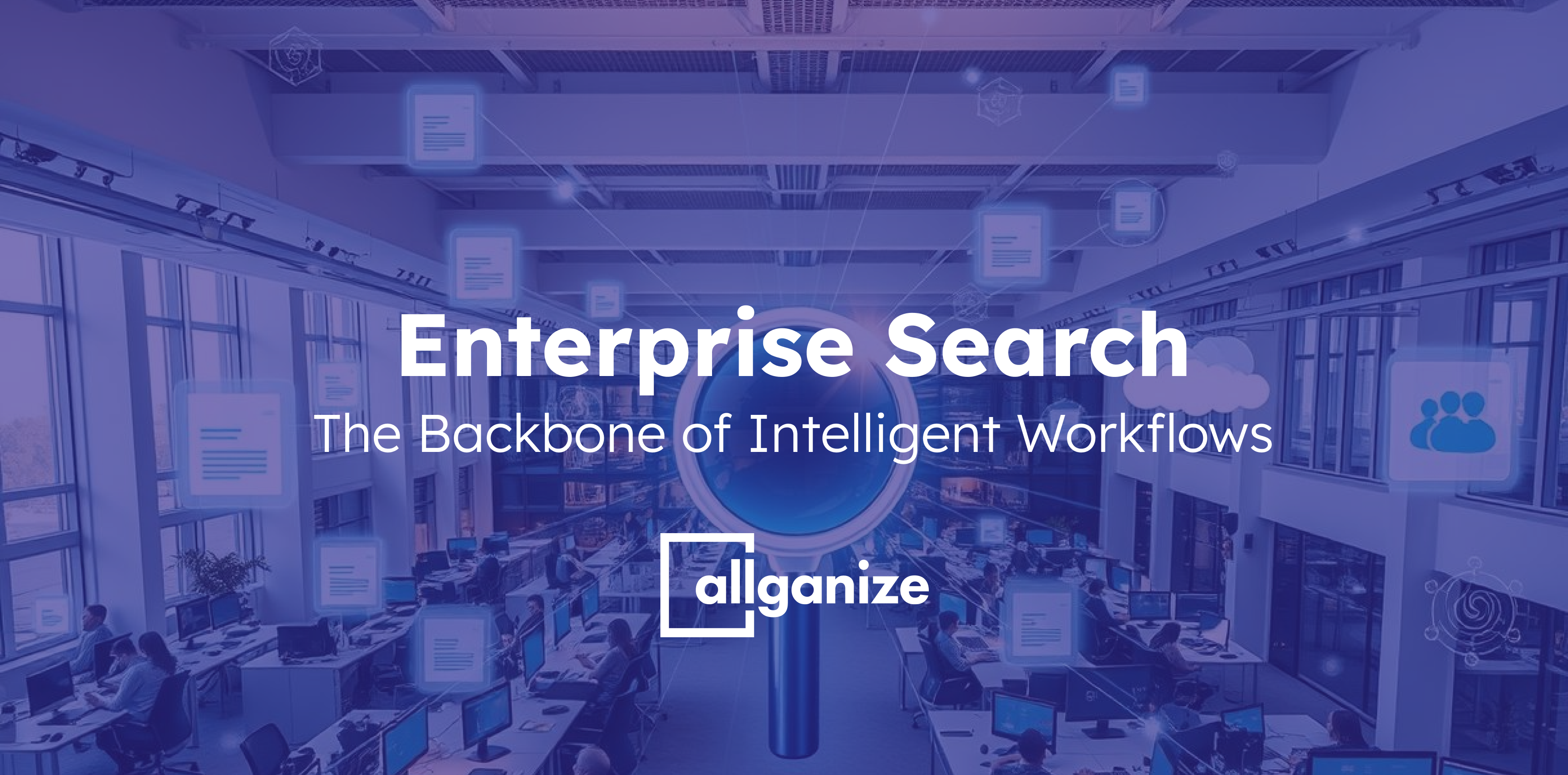
Enterprise Search transforms fragmented internal data into actionable knowledge. This AI powered backbone unifies information, boosts productivity, empowers decision making, and ensures security. Learn how it fuels innovation by providing accurate, hallucination free answers from your proprietary data, revolutionizing intelligent knowledge workflows.
Lorem ipsum dolor sit amet, consectetur adipiscing Aliquam pellentesque arcu sed felis maximus
Lorem ipsum dolor sit amet, consectetur adipiscing elit. Curabitur maximus quam malesuada est pellentesque rhoncus.
Maecenas et urna purus. Aliquam sagittis diam id semper tristique.
Lorem ipsum dolor sit amet, consectetur adipiscing elit. Curabitur maximus quam malesuada est pellentesque rhoncus.
Maecenas et urna purus. Aliquam sagittis diam id semper tristique.
Lorem ipsum dolor sit amet, consectetur adipiscing elit. Curabitur maximus quam malesuada est pellentesque rhoncus.
Maecenas et urna purus. Aliquam sagittis diam id semper tristique.

Stay updated with the latest in AI advancements, insights, and stories.